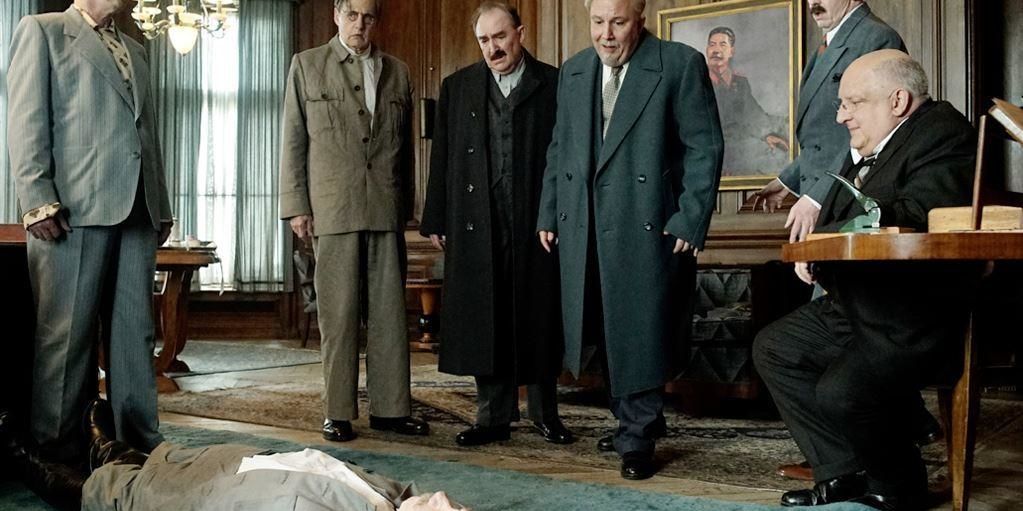I am always fascinated to see the different crowd a particular movie draws into the cinemas.
Brilliant Scottish writer and producer Armando Iannucci’s The Death of Stalin ushered in a diverse mix at a busy session at Palace Cinema Barracks on a Friday night.
There were groups of professional looking mates, mostly male, who sat together with a drink in hand, keen for a laugh and exchanging stories about new relationships and the week that was.
There were a few couples - older and younger generations - and even a family group or two, with high school-aged children in tow.
Those who know and love Iannucci’s political satire in the caustic British comedy The Thick of It, or more recently in Veep, a series about life as the Vice President of the United States, will love his hilarious framing of a particularly frenetic few days in the Soviet regime.
Just as in his portrayals of the British and American political systems, Iannucci hones-in on the abstract absurdity of life in political office.
The dour and oppressive Soviet state in 1953 provides great fodder.
No one is immune from Iannucci’s keen comedic eye, especially not the great Russian dictator himself, Josef Stalin (Adrian McLoughlin).

But as the title of the film suggests, Stalin isn’t around for long.
Although the great fog of his role as iron-fisted father of the Soviet regime never really departs and hangs like a great weight over the other characters.
They are his remaining council members, who fumble around in his wake of his death and are variously plotting and scheming about the regime’s future direction.
Iannucci wonderfully captures the hysterical deference of the Russian people as they bend to their great leader’s every whim, no matter how bizarre.
The attempt by radio producer Andreyev (Paddy Considine) to rebuild a departing concert crowd by sourcing people off the streets is one such funny example.
Jeffrey Tambor, who plays Stalin’s deputy Georgy Malenkov, is brilliant as a clueless but pompous new leader who seemingly stands for nothing but his own elevation.
Simon Russell Beale, who plays head of the security forces, Lavrenti Beria, is enmeshed in a fight for relevance with Nikita Krushchev (Steve Buscemi).
Beria is an imposing and scene-stealing figure as he strides the corridors to his bunker while political prisoners in the background are variously executed or lead to their cells around him.
It’s dark, absolutely, but gloriously madcap and cleverly done.
Jason Isaacs as Field Marshall Zhukov plays a testosterone-filled war hero with bravado and guile, while Rupert Friend conveys the mentally disturbed son of Stalin, Vasily, with an edge of the unhinged.
While Iannucci’s trademark political dressing-downs populate the film, it’s the scene-setting and the character introductions that take too long in The Death of Stalin.
Could it be that Iannucci’s ability to fix his eye on the weird and whacky in political life is more suited to longer-form television series?
Taking on Stalinist Russia is no small feat, though.
And to his credit, Iannucci doesn’t shy away from the sheer horrors of the regime, including its ruthless death squads.
Ultimately, the film’s giant-slayer comes in the unlikely form of Stalin’s favourite pianist, Maria Veniaminovna Yudina (Olga Kuryalenko).
She sneaks a ferocious note denouncing Stalin’s regime into the musical recording of her concert.
Locked away in his private rooms with two guards at the door, Stalin reads the note attached to the recording, immediately takes ill and collapses.
It’s this sentiment that is at the heart of this and, arguably, all of Iannucci’s political satire: No matter how fierce and powerful, artistic license will triumph.